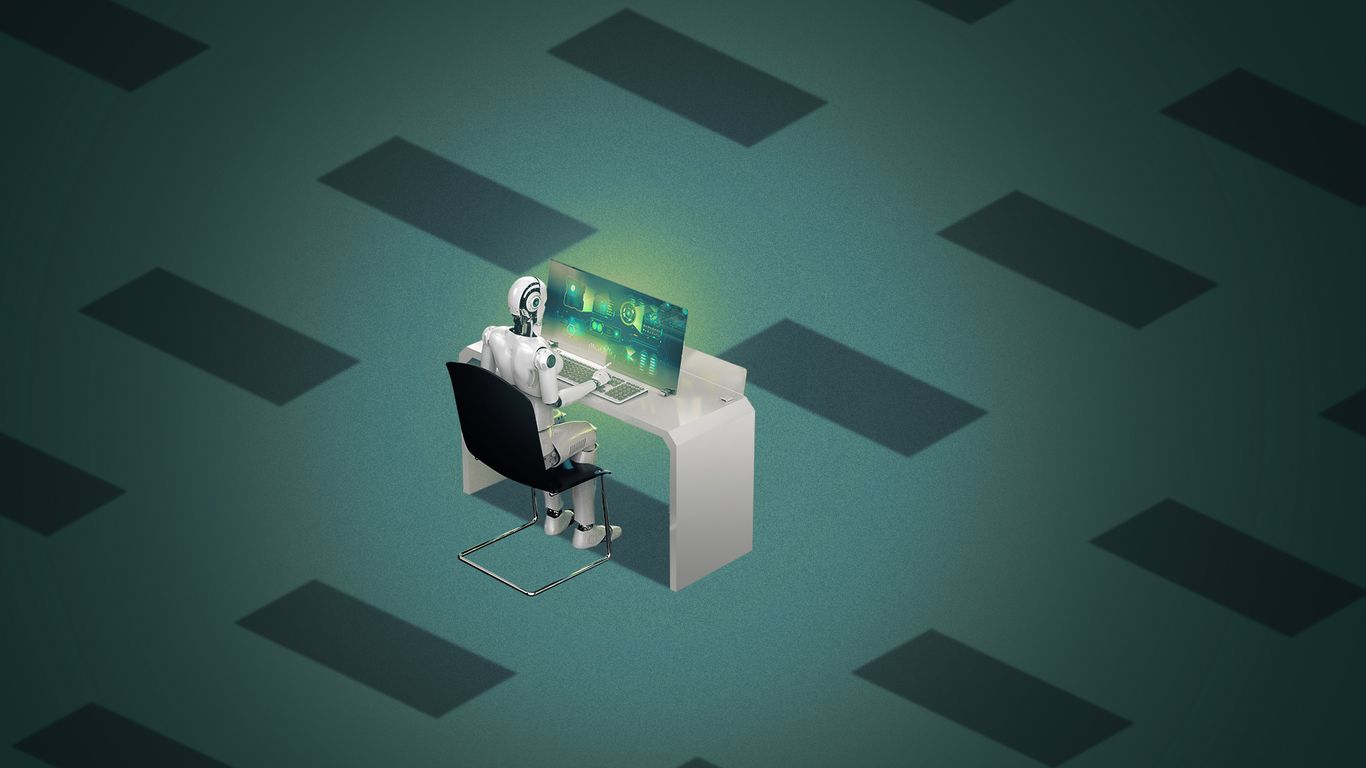
""There's definitely evidence that AI is beginning to have a big effect," economist and Stanford professor Erik Brynjolfsson told Axios."
""This is the fastest, broadest change that I've seen," he said, noting the only comparable shift was the one to remote work amid the COVID-19 pandemic."
""More senior workers have more tacit knowledge, they learn tricks of the trade that maybe never get written down," he said. "Those are not the things that the AI has been able to learn, at least not yet.""
""We're going to have to think about how the labor market adjusts so that everyone gets a chance to be working their way up the career ladder," he said."
ADP payroll data shows employment for workers aged 22–25 in AI-impacted jobs, such as software development and customer support, fell by 16% since late 2022. The losses are concentrated among younger, less-experienced hires while older workers and those in other fields show no measurable declines. AI currently lacks tacit, on-the-job knowledge that senior workers accumulate, limiting its ability to replace experienced employees. Rapid decline in entry-level roles risks depriving industries of future experienced workers if people cannot obtain first jobs. Businesses report most AI benefits accrue to a few roles, notably coding and customer service; analyses accounted for other factors such as remote-work changes.
Read at Axios
Unable to calculate read time
Collection
[
|
...
]